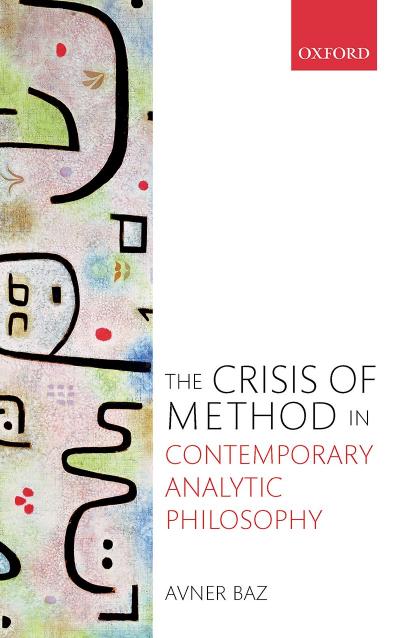

Most ebook files are in PDF format, so you can easily read them using various software such as Foxit Reader or directly on the Google Chrome browser.
Some ebook files are released by publishers in other formats such as .awz, .mobi, .epub, .fb2, etc. You may need to install specific software to read these formats on mobile/PC, such as Calibre.
Please read the tutorial at this link: https://ebookbell.com/faq
We offer FREE conversion to the popular formats you request; however, this may take some time. Therefore, right after payment, please email us, and we will try to provide the service as quickly as possible.
For some exceptional file formats or broken links (if any), please refrain from opening any disputes. Instead, email us first, and we will try to assist within a maximum of 6 hours.
EbookBell Team

4.0
56 reviewsAvner Baz offers a critique of leading work in mainstream analytic philosophy, and in particular challenges assumptions underlying recent debates concerning philosophical method. In the first part of The Crisis of Method, Baz identifies fundamental confusions about what the widely-employed philosophical "method of cases" is supposed to accomplish, and how. He then argues that the method, as commonly employed by both "armchair" and "experimental"
philosophers, is underwritten by substantive, and poorly supported, "representationalist" assumptions about languageassumptions to which virtually all of the participants in the recent debates over philosophical method have shown themselves committed. In the second part of the book, Baz challenges those assumptions, both
philosophically and empirically. Drawing on Austin, Wittgenstein, and Merleau-Ponty, as well as on empirical studies of first language acquisition, he presents and motivates a broadly pragmatist conception of language on which the method of cases as commonly practiced is fundamentally misguidedmore misguided than even its staunchest critics have hitherto recognized.
**
Avner Baz received his MA degree in the Interdisciplinary Program for Fostering Excellence from Tel Aviv University. He went on to complete a PhD in philosophy from the University of Illinois, Chicago, under the supervision of Peter Hylton. Having been a Harper and Schmidt Fellow at the University of Chicago for four years, he has now been at Tufts University since 2004.